Home> Company News> Choosing the Right Adjustment Method for Your Hydraulic Pump Compensator
- AddressToh Guan Centre, 31/F,69 Toh Guan Rd E, Singapore 608609
- Factory AddressToh Guan Centre, 31/F,69 Toh Guan Rd E, Singapore 608609
- Worktime9:00-18:00
- Phone(Working Time)0065-31591578
- Phone(Nonworking Time)0065-31591578
- Fax0065-31591339
Choosing the Right Adjustment Method for Your Hydraulic Pump Compensator
2023-04-25 15:15:30Hydraulic pump compensators play a critical role in ensuring optimal performance of hydraulic systems. These devices help regulate pressure, flow, and other parameters in hydraulic systems, thereby maintaining consistent performance and preventing system failures. Proper adjustment of hydraulic pump compensators is essential to achieving optimal system performance, as even minor adjustments can have a significant impact on system efficiency and reliability.
In this article, we will provide an overview of hydraulic pump compensators and their importance in hydraulic systems. We will also discuss the common methods for hydraulic pump compensator adjustment and the factors to consider when choosing an adjustment method. Additionally, we will outline the benefits of proper hydraulic pump compensator adjustment and the importance of regular maintenance and inspection. By the end of this article, you will have a better understanding of the importance of hydraulic pump compensator adjustment and the steps you can take to ensure optimal system performance.
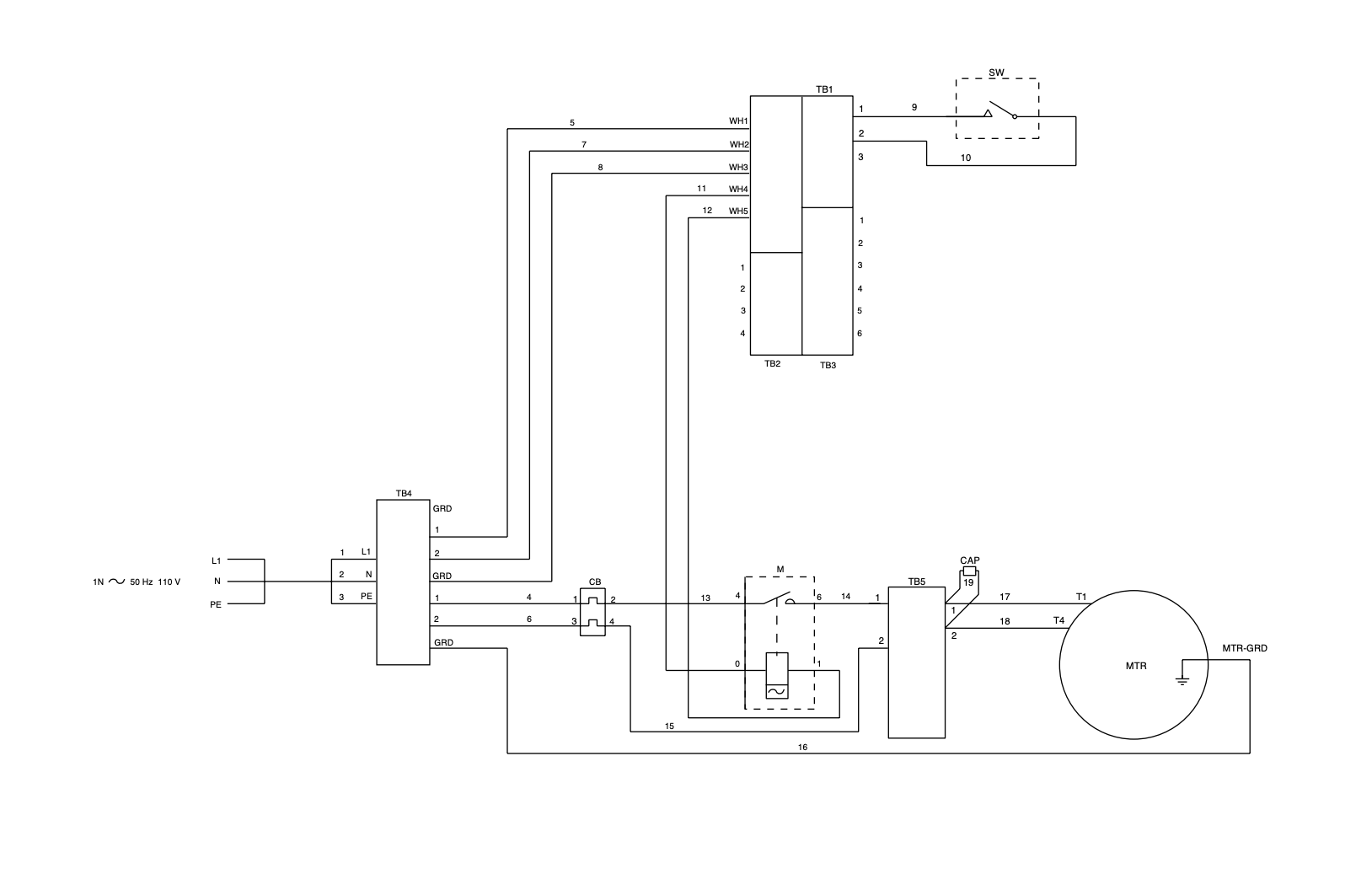 hydraulic pump compensator adjustment
hydraulic pump compensator adjustment
Common Methods for Hydraulic Pump Compensator Adjustment
Hydraulic pump compensators are designed to maintain a constant output pressure by adjusting the flow of fluid into the system. Proper adjustment of hydraulic pump compensators is essential for optimal system performance, as it ensures that the pump operates at its maximum efficiency while minimizing wear and tear on system components. There are several common methods for hydraulic pump compensator adjustment, each with its own advantages and limitations.
One common method for hydraulic pump compensator adjustment is manual adjustment. This involves adjusting the compensator setting manually using a hand-operated tool, such as a wrench or screwdriver. Manual adjustment is a simple and cost-effective method that requires no additional equipment or resources. However, it may not be suitable for all applications, particularly those with high system pressures or those that require frequent adjustment.
Another method for hydraulic pump compensator adjustment is electrical adjustment. This involves adjusting the compensator setting using an electric motor or actuator. Electrical adjustment allows for precise and accurate control of the compensator setting, making it ideal for applications that require frequent adjustments or fine-tuning. However, it can be more expensive than manual adjustment and may require additional equipment, such as sensors and controllers.
Hydraulic adjustment is another common method for hydraulic pump compensator adjustment. This involves adjusting the compensator setting using hydraulic pressure, typically by diverting some of the hydraulic fluid from the pump to the compensator. Hydraulic adjustment allows for precise and responsive control of the compensator setting and is particularly well-suited for high-pressure applications. However, it can be more complex and expensive than manual or electrical adjustment, and may require additional hydraulic components, such as valves and hoses.
Overall, the choice of hydraulic pump compensator adjustment method will depend on a variety of factors, including system requirements, cost, ease of use, and availability of resources. It is important to carefully consider these factors and select the method that best meets the needs of the specific application.
Factors to Consider When Choosing an Adjustment Method
When it comes to hydraulic pump compensator adjustment, there are several methods to choose from. These methods include manual adjustment, electrical adjustment, and hydraulic adjustment. Each method has its own set of advantages and disadvantages, and the best method for a given system depends on several factors.
One factor to consider is the system requirements. Some systems may require precise adjustments to maintain optimal performance, while others may be more forgiving. In these cases, manual adjustment may be sufficient, while other systems may require more advanced methods such as electrical or hydraulic adjustment.
Cost is another important consideration. Manual adjustment methods tend to be the most cost-effective, while electrical and hydraulic adjustment methods may require more expensive equipment and resources. However, in some cases, the added expense may be justified by the improved accuracy and efficiency of the system.
Ease of use is also an important consideration. Manual adjustment methods tend to be the easiest to use, requiring minimal training and expertise. Electrical and hydraulic adjustment methods, on the other hand, may require more specialized knowledge and training to operate effectively.
Finally, the availability of resources is an important consideration when choosing a hydraulic pump compensator adjustment method. For example, if a system is located in a remote or difficult-to-access location, it may be more practical to use a manual adjustment method rather than rely on electrical or hydraulic adjustment methods that require specialized equipment or infrastructure.
Overall, the best method for hydraulic pump compensator adjustment will depend on a range of factors, including the specific requirements of the system, the available resources, and the cost and ease of use of each method. By carefully considering these factors, system operators can choose the best method for their needs and maintain optimal system performance over time.
Benefits of Proper Hydraulic Pump Compensator Adjustment
Proper adjustment of hydraulic pump compensators can bring about several benefits, including increased efficiency and productivity, extended equipment life, and reduced maintenance and repair costs.
One significant benefit of proper compensator adjustment is increased system efficiency and productivity. When a hydraulic system is not functioning optimally, it can result in increased energy consumption and reduced productivity. By properly adjusting the compensator, the system can operate at its optimal level, which translates to increased efficiency and productivity. This, in turn, can lead to reduced energy consumption and lower operating costs.
Another benefit of proper compensator adjustment is extended equipment life. When a hydraulic system is not functioning optimally, it can lead to increased wear and tear on system components. Over time, this can cause components to fail prematurely, resulting in costly repairs or replacements. By properly adjusting the compensator, the system can operate at its optimal level, reducing the wear and tear on components and extending their lifespan.
Proper compensator adjustment can also result in reduced maintenance and repair costs. When a hydraulic system is not functioning optimally, it can result in increased maintenance and repair costs. By properly adjusting the compensator, the system can operate at its optimal level, reducing the need for costly maintenance and repair work.
Overall, the benefits of proper hydraulic pump compensator adjustment are significant. By ensuring that your system is operating at its optimal level, you can increase efficiency and productivity, extend equipment life, and reduce maintenance and repair costs. This can result in significant cost savings and improved system performance over the long term.
Importance of Regular Maintenance and Inspection
Proper maintenance and inspection of hydraulic pump compensators is crucial for ensuring optimal system performance and longevity. Preventive maintenance practices can help identify and address issues before they become major problems.
One important aspect of maintenance is regular inspection of the system. Common issues to look out for include leaks, damaged seals or gaskets, worn out parts, and abnormal noise or vibrations. It is important to address these issues promptly, as they can lead to more serious problems and potentially costly repairs.
In addition to regular inspections, preventive maintenance practices such as changing filters and fluids on a regular schedule can also help extend the life of hydraulic pump compensators. Proper lubrication and cleaning of the system can also prevent premature wear and tear on system components.
It is important to note that maintenance practices should be carried out in accordance with the manufacturer's recommendations and guidelines. Regularly consulting the owner's manual can provide valuable information on maintenance schedules and specific procedures.
In summary, regular maintenance and inspection of hydraulic pump compensators is essential for ensuring optimal system performance and longevity. Implementing preventive maintenance practices can help identify and address issues before they become major problems, ultimately reducing maintenance and repair costs and increasing productivity.
Hydraulic pump compensators play a critical role in ensuring the optimal performance of hydraulic systems. Neglecting proper adjustment can lead to inefficiencies, reduced productivity, and equipment failure. This is why regular maintenance and inspection are essential in preventing issues and ensuring the longevity of your system.
Preventive maintenance practices include regularly checking and replacing filters, monitoring oil levels and quality, and inspecting system components for damage or wear. Additionally, it's important to address any issues that arise promptly. Delaying repairs or maintenance can cause problems to worsen and result in more extensive and costly repairs.
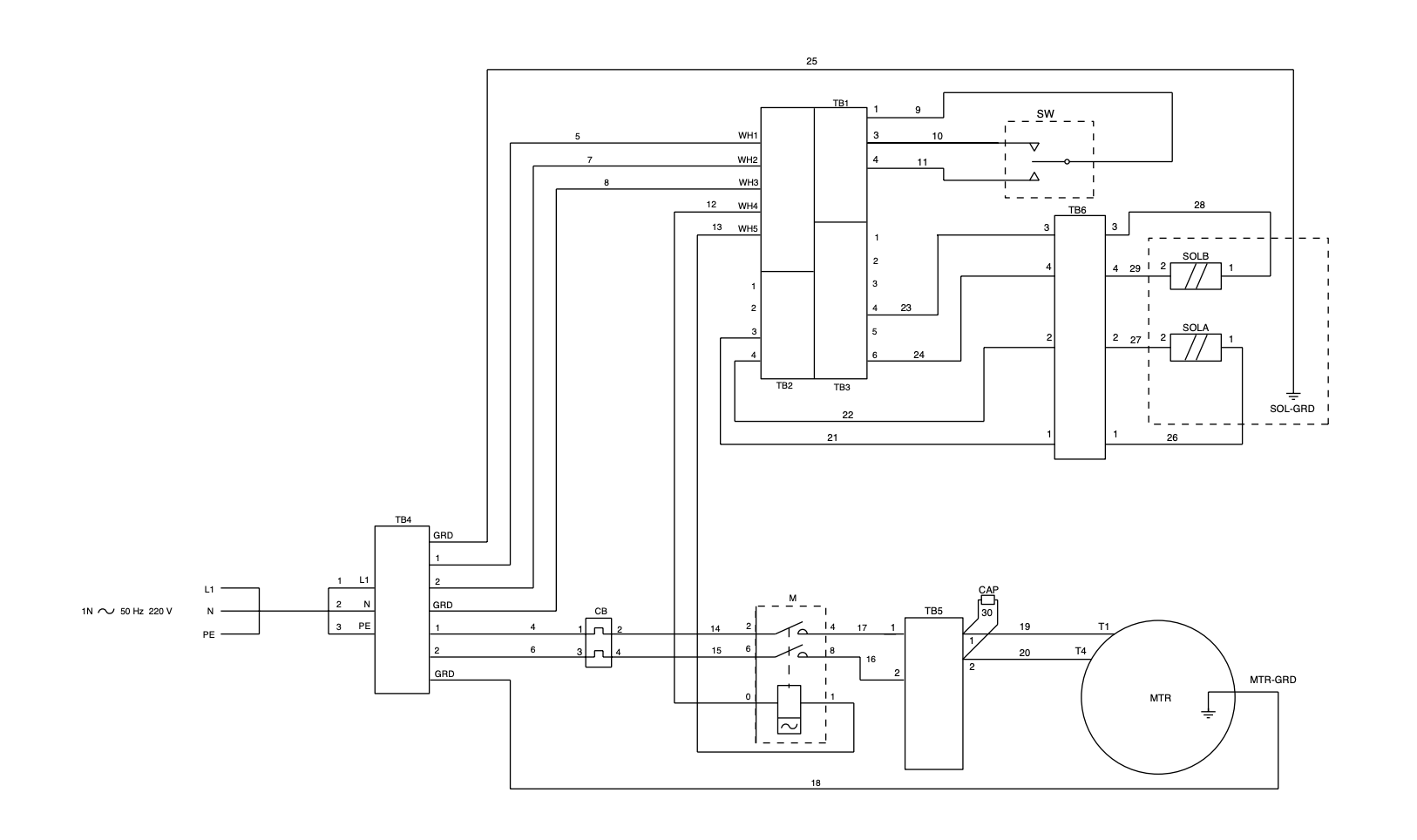 hydraulic pump compensator adjustment
hydraulic pump compensator adjustment
Common issues to look out for include leaks, unusual noises or vibrations, changes in pressure or flow rate, and overheating. These issues can be caused by a variety of factors, including improper adjustment of compensators, worn-out or damaged components, and contamination of hydraulic fluid.
Proper maintenance and inspection can help you identify these issues early and address them before they lead to more significant problems. Regular maintenance can also extend the lifespan of your hydraulic system and reduce the overall cost of ownership.
In conclusion, hydraulic pump compensators require proper adjustment and regular maintenance to ensure optimal system performance. By choosing the right adjustment method and implementing regular maintenance practices, you can prevent issues, extend equipment life, and reduce maintenance costs.
Mud pump bearings Turntable bearings Agricultural bearings Angular Contact Bearings Duplex Angular Contact Bearings Industrial bearings Iron and steel industry bearings Power transmission bearing Hydrostatic centripetal bearing Ball Thrust Bearings Papermaking Machinery bearings Agricultural machinery bearing McGILL bearing Rexroth pump assay Komatsu motor parts BOSCH Fuel injector Hitachi excavator parts Axial Piston Pumps Sauer Danfoss pump Eaton pump parts Nachi pump assay Linde pump Mining Construction Ball Bearings Linear Bearings vane pumps gear pumps inc piston pumps Thin-Section Ball Bearings Adapter Sleeves pressure valves gear reducer relief valves Mcgill Bearing Die & Mold Plain-Bearing Bushings FAG Bearing Singapore SKF bearing Accessories SKF bearing Housing SKF bearing shaft seals SKF Bearing units Bearing Distributors Inventory Oilfield mud pump bearings Heavy-Duty Shaker Screen Spherical Double row double row tapered roller bearings (inch series) Multi-Row Roller Bearings NTN Four Row Cylindrical Roller Bearings NTN SL Type Cylindrical Roller Bearings NTN SL Type Cylindrical Roller Bearings for Sheaves NTN Single Row Tapered Roller Bearings NTN Double Row Tapered Roller Bearings NTN Four Row Tapered Roller Bearings NTN Spherical Roller Bearings NTN Thrust Bearings NTN Bearings for special applications NTN DOUBLE-ROW CYLINDRICAL ROLLER BEARINGS NSK FULL-COMPLEMENT CYLINDRICAL ROLLER BEARINGS NSK SINGLE-ROW TAPERED ROLLER BEARINGS NSK YUKEN Piston pump DOUBLE-ROW TAPERED ROLLER BEARINGS NSK SPHERICAL ROLLER BEARINGS NSK SINGLE-DIRECTION THRUST BALL BEARINGS NSK CYLINDRICAL ROLLER THRUST BEARINGS NSK TAPERED ROLLER THRUST BEARINGS NSK SPHERICAL THRUST ROLLER BEARINGS NSK ROLLING BEARINGS FOR STEEL MILLS NSK SEALED-CLEAN FOUR-ROW TAPERED ROLLER BEARINGS NSK FOUR-ROW CYLINDRICAL ROLLER BEARINGS NSK DOUBLE-ROW TAPERED ROLLER BEARINGS NSK Roll Bearings for Mills NSK Ball Bearings NSK TAPERED ROLLER THRUST BEARINGS For Adjusting Screws NSK Thin Section Bearings Kaydon Double row double row tapered roller bearings (inch series) Double direction thrust tapered roller bearings Full complement Tapered roller Thrust bearing Thrust cylindrical roller bearings Thrust spherical roller bearings Sealed Four Row Tapered Roller Bearings Four row tapered roller bearings Double outer double row tapered roller bearings TDO double-row tapered roller bearings Single row tapered roller bearings inch Double inner double row tapered roller bearings TDI Double inner double row tapered roller bearings inch Spherical roller bearing Four row cylindrical roller bearings Single row cylindrical roller bearings Full row of cylindrical roller bearings Double row cylindrical roller bearings Double row full complement cylindrical roller bearings Four point contact ball bearings Double row angular contact ball bearings Deep groove ball bearings ANGULAR CONTACT THRUST BALL BEARINGS TYPE TVL DTVL angular contact thrust ball bearing. TP thrust cylindrical roller bearing TPS thrust cylindrical roller bearing THRUST SPHERICAL ROLLER BEARINGS TYPES TSR-EJ AND TSR-EM TTHD THRUST TAPERED ROLLER BEARINGS TTHDFL thrust tapered roller bearing TTHDFLSA THRUST TAPERED ROLLER BEARINGS THRUST TAPERED ROLLER BEARINGS TYPES TTSP, TTSPS AND TTSPL THRUST TAPERED ROLLER BEARINGS – TYPES TTC, TTCS AND TTCL SCREWDOWN BEARINGS – TYPES TTHDSX/SV AND TTHDFLSX/SV THRUST TAPERED ROLLER BEARING TYPES TTDWK AND TTDFLK CROSSED ROLLER BEARINGS TXR Tapered Roller bearings double-row • Type TDO Tapered Roller bearings double-row TDI TDIT Tapered Roller Bearings double-row TNA Tapered Roller Bearings double-row TNASWE Tapered Roller Bearings double-row Spacer assemblies TTVS TTSP TTC TTCS TTCL tapered roller thrust BEARINGS Heavy-Duty Shaker Screen Spherical Roller Bearings Timken SPHERICAL ROLLER BEARINGS CYLINDRICAL ROLLER BEARINGS ONE-ROW METRIC ISO SERIES CYLINDRICAL ROLLER BEARINGS one-row STANDARD SERIES CYLINDRICAL ROLLER BEARINGS FULL-COMPLEMENT NCF CYLINDRICAL ROLLER BEARINGS TWO-Row Four-Row Cylindrical Roller Bearings CYLINDRICAL ROLLER BEARINGS HJ SERIES CYLINDRICAL ROLLER BEARINGS 5200 A5200 metric series HeavY-duty needle roller bearings four-row cylindrical roller Bearing assembly four-row cylindrical roller Bearing inner ring Outer assembly four-row tapered roller Bearings • tQow – 2tdiw Timken Sealed roll neck Bearings four-row tapErEd rollEr BEaringS tQitS TnasWH TWo-roW TaPered roller bearings TdiT TnaT two-row tapErEd rollEr BEaringS tdik THrusT TaPered roller bearings TTdFlk, TTdW and TTdk bearings screwdown systems thrust tapered rollEr Bearings Thrust spherical roller bearing Mud pump bearings TOKYO-KEIKI piston pump TOKYO-KEIKI vane pump DAIKIN piston pump DAIKIN vane pump DAIKIN Rotor pump VICKERS Piston pump Vickers vane pump VICKERS gear pump NACHI gear pump NACHI piston pump Rexroth A1VO Rexroth A10VSO Rexroth AA4VSO Rexroth A15VSO Rexroth AZPF parker PV piston pump parker PVP piston pump parker PAVC piston pump parker vane pump Multi-Row Roller Bearings NTN Four Row Cylindrical Roller Bearings NTN SL Type Cylindrical Roller Bearings NTN SL Type Cylindrical Roller Bearings for Sheaves NTN Single Row Tapered Roller Bearings NTN Double Row Tapered Roller Bearings NTN Four Row Tapered Roller Bearings NTN Spherical Roller Bearings NTN Thrust Bearings NTN Bearings for special applications NTN DOUBLE-ROW CYLINDRICAL ROLLER BEARINGS NSK FULL-COMPLEMENT CYLINDRICAL ROLLER BEARINGS NSK SINGLE-ROW TAPERED ROLLER BEARINGS NSK YUKEN Piston pump DOUBLE-ROW TAPERED ROLLER BEARINGS NSK SPHERICAL ROLLER BEARINGS NSK SINGLE-DIRECTION THRUST BALL BEARINGS NSK CYLINDRICAL ROLLER THRUST BEARINGS NSK TAPERED ROLLER THRUST BEARINGS NSK SPHERICAL THRUST ROLLER BEARINGS NSK ROLLING BEARINGS FOR STEEL MILLS NSK SEALED-CLEAN FOUR-ROW TAPERED ROLLER BEARINGS NSK FOUR-ROW CYLINDRICAL ROLLER BEARINGS NSK DOUBLE-ROW TAPERED ROLLER BEARINGS NSK Roll Bearings for Mills NSK CROSSED-ROLLER BEARINGS NSK Ball Bearings NSK TAPERED ROLLER THRUST BEARINGS For Adjusting Screws NSK Roller Bearings NSK Thin Section Bearings Kaydon Double row double row tapered roller bearings (inch series) Double direction thrust tapered roller bearings Full complement Tapered roller Thrust bearing Thrust cylindrical roller bearings Thrust spherical roller bearings Sealed Four Row Tapered Roller Bearings Four row tapered roller bearings Double outer double row tapered roller bearings TDO double-row tapered roller bearings Single row tapered roller bearings inch Double inner double row tapered roller bearings TDI Single row tapered roller bearings Double inner double row tapered roller bearings inch Split spherical roller bearings Spherical roller bearing Four row cylindrical roller bearings Single row cylindrical roller bearings Full row of cylindrical roller bearings Double row cylindrical roller bearings Double row full complement cylindrical roller bearings Four point contact ball bearings Double row angular contact ball bearings Deep groove ball bearings ANGULAR CONTACT THRUST BALL BEARINGS TYPE TVL DTVL angular contact thrust ball bearing. TP thrust cylindrical roller bearing TPS thrust cylindrical roller bearing THRUST SPHERICAL ROLLER BEARINGS TYPES TSR-EJ AND TSR-EM TTHD THRUST TAPERED ROLLER BEARINGS TTHDFL thrust tapered roller bearing TTHDFLSA THRUST TAPERED ROLLER BEARINGS THRUST TAPERED ROLLER BEARINGS TYPES TTSP, TTSPS AND TTSPL THRUST TAPERED ROLLER BEARINGS – TYPES TTC, TTCS AND TTCL SCREWDOWN BEARINGS – TYPES TTHDSX/SV AND TTHDFLSX/SV THRUST TAPERED ROLLER BEARING TYPES TTDWK AND TTDFLK CROSSED ROLLER BEARINGS TXR Tapered Roller bearings double-row • Type TDO Tapered Roller bearings double-row TDI TDIT Tapered Roller Bearings double-row Spacer assemblies TTVS TTSP TTC TTCS TTCL tapered roller thrust BEARINGS Heavy-Duty Shaker Screen Spherical Roller Bearings Timken SPHERICAL ROLLER BEARINGS CYLINDRICAL ROLLER BEARINGS ONE-ROW METRIC ISO SERIES CYLINDRICAL ROLLER BEARINGS one-row STANDARD SERIES CYLINDRICAL ROLLER BEARINGS FULL-COMPLEMENT NCF CYLINDRICAL ROLLER BEARINGS TWO-Row Four-Row Cylindrical Roller Bearings CYLINDRICAL ROLLER BEARINGS HJ SERIES CYLINDRICAL ROLLER BEARINGS 5200 A5200 metric series HeavY-duty needle roller bearings four-row cylindrical roller Bearing assembly four-row cylindrical roller Bearing inner ring Outer assembly Timken Sealed roll neck Bearings four-row tapErEd rollEr BEaringS tQitS TnasWH TWo-roW TaPered roller bearings TdiT TnaT two-row tapErEd rollEr BEaringS tdik THrusT TaPered roller bearings TTdFlk, TTdW and TTdk bearings screwdown systems thrust tapered rollEr Bearings Thrust spherical roller bearing Mud pump bearings TOKYO-KEIKI piston pump TOKYO-KEIKI vane pump YUKEN vane pump DAIKIN piston pump DAIKIN vane pump DAIKIN Rotor pump VICKERS Piston pump Vickers vane pump VICKERS gear pump NACHI gear pump NACHI piston pump Rexroth A1VO Rexroth A10VSO Rexroth AA4VSO Rexroth A15VSO Rexroth AZPF parker PV piston pump parker PVP piston pump parker PAVC piston pump Main pump

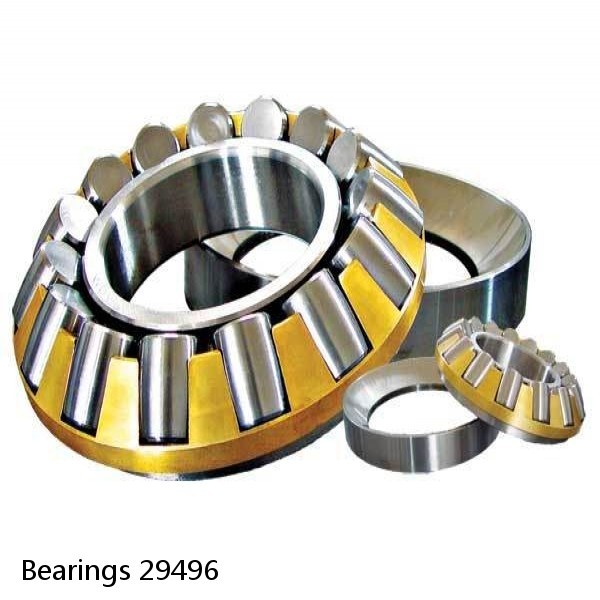 Bearings 29496
Bearings 29496 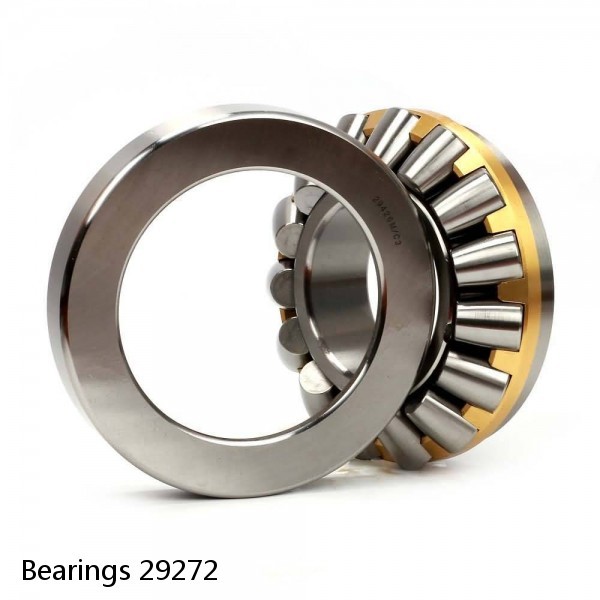 Bearings 29272
Bearings 29272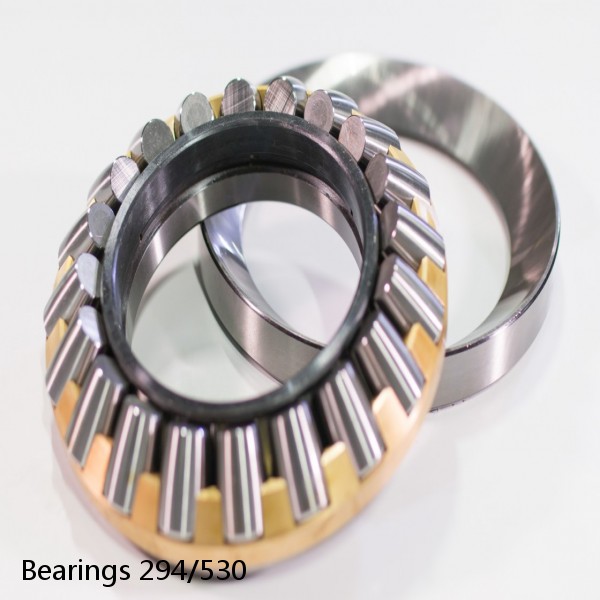 Bearings 294/530
Bearings 294/530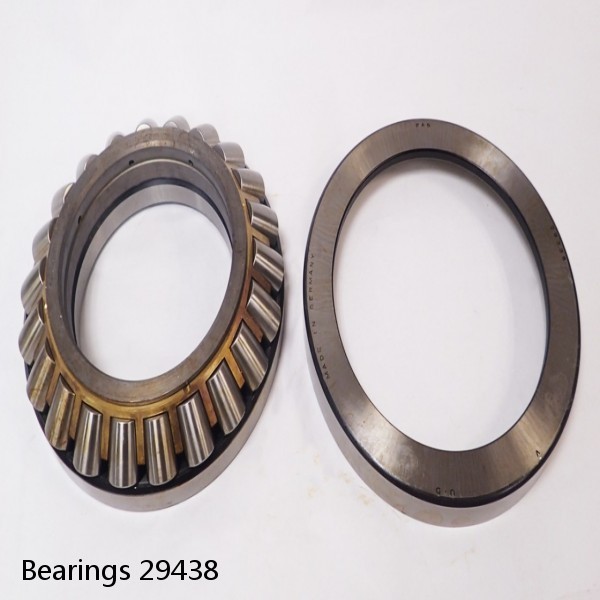 Bearings 29438
Bearings 29438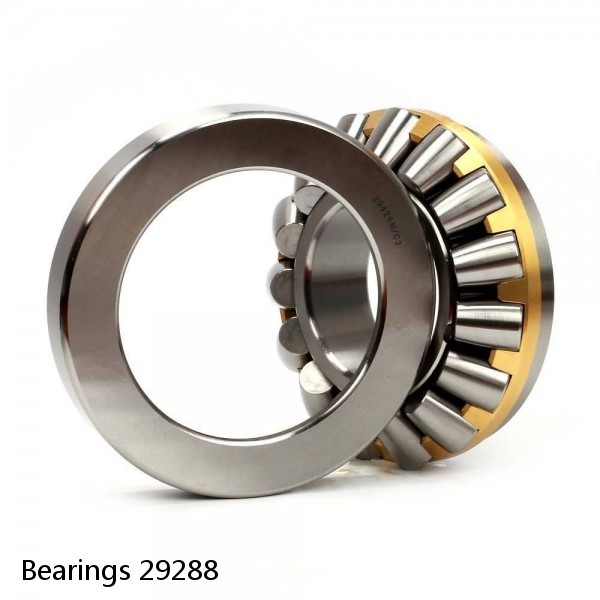 Bearings 29288
Bearings 29288